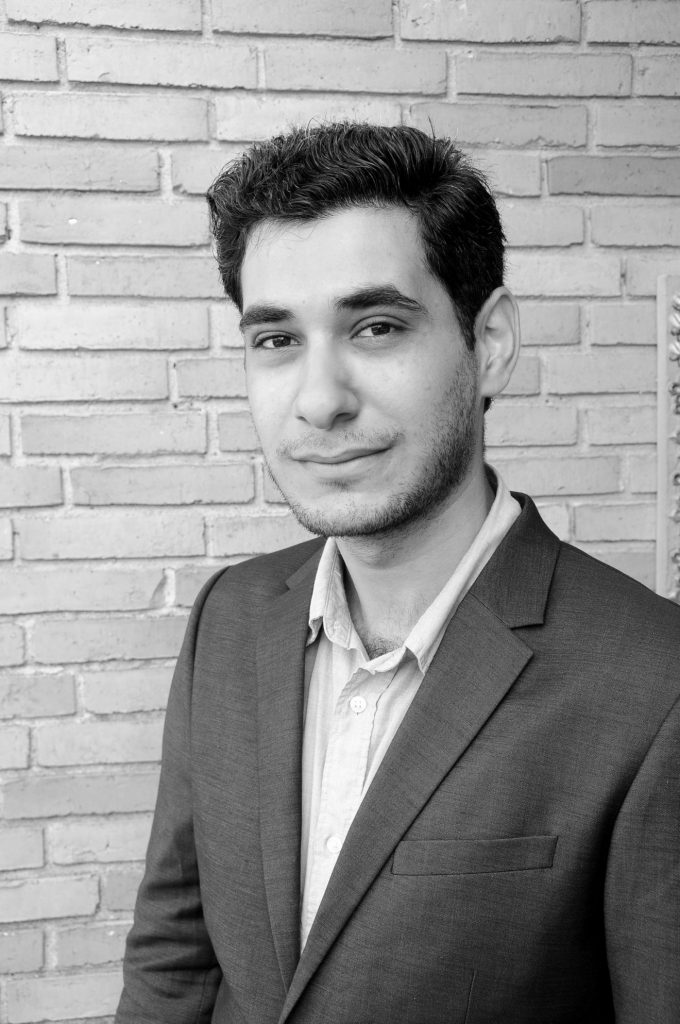In the latest episode of PalCast, World Central Kitchen and Atrocity Politics, available on Apple & Spotify, hosts Yousef, Helena, and Tony delved into the pressing issues surrounding the EU’s response to the crisis in Gaza. Joined by Palestinian writer and advocate, Muhammad Shehada, the conversation shed light on the EU’s shortcomings and Israel’s ongoing atrocities in the region.
The EU, long hailed for its advocacy of human rights globally, finds itself facing criticism for its failure to effectively address the situation in Gaza. While some EU politicians acknowledge the harsh realities on the ground, their responses often fall short, focusing solely on limited measures such as humanitarian aid to areas like Rafah.
As the discussion unfolds, it becomes evident that there are differing perspectives within the EU regarding Gaza. While some politicians understand the gravity of the situation but refrain from taking action, others seem oblivious or unwilling to acknowledge the atrocities being committed.
Meanwhile, Israel’s actions in Gaza continue to provoke outrage. Recent incidents, such as the burning of Al-Shifaa Hospital and the killing of seven international aid workers, serve as stark reminders of the ongoing violence and injustice inflicted upon the Palestinian people.
Muhammad Shehada, a Palestinian writer and analyst from Gaza, brought invaluable insight to the conversation. Currently serving as the Chief of Communications and Programs at Euro-Med Monitor, Shehada’s extensive background in international development and security risk management provides a unique perspective on the crisis.
Throughout the episode, Shehada emphasized the urgent need for meaningful action from the international community, particularly the EU, to address the root causes of the conflict and hold Israel accountable for its actions. He called for a comprehensive approach that goes beyond mere rhetoric and token gestures, urging for concrete steps towards justice and peace in Gaza.
As the conversation draws to a close, it is clear that the EU’s failure in Gaza is not just a matter of diplomatic missteps but a moral imperative that demands immediate attention and action. With voices like Muhammad Shehada’s leading the way, there is hope for a brighter future for the people of Gaza and the broader Palestinian community.

